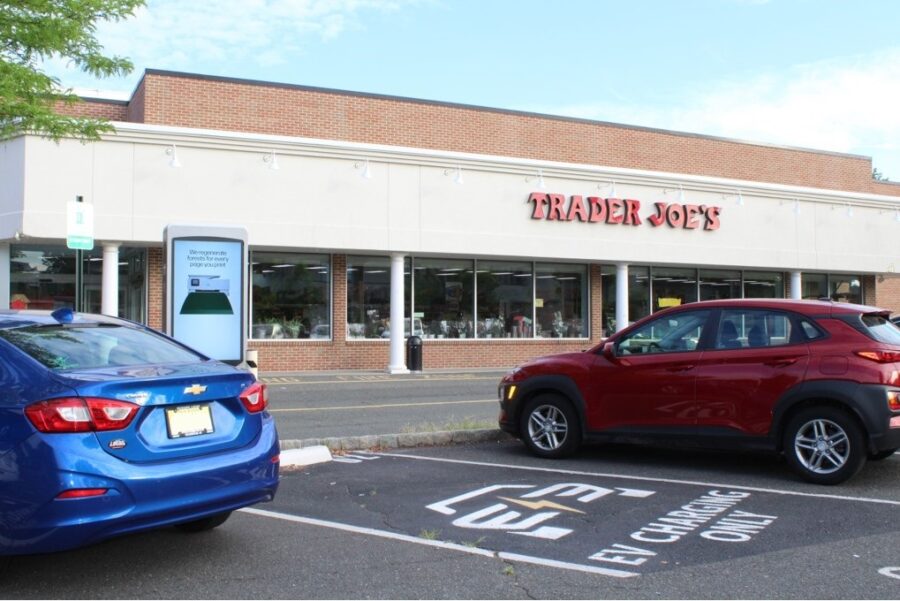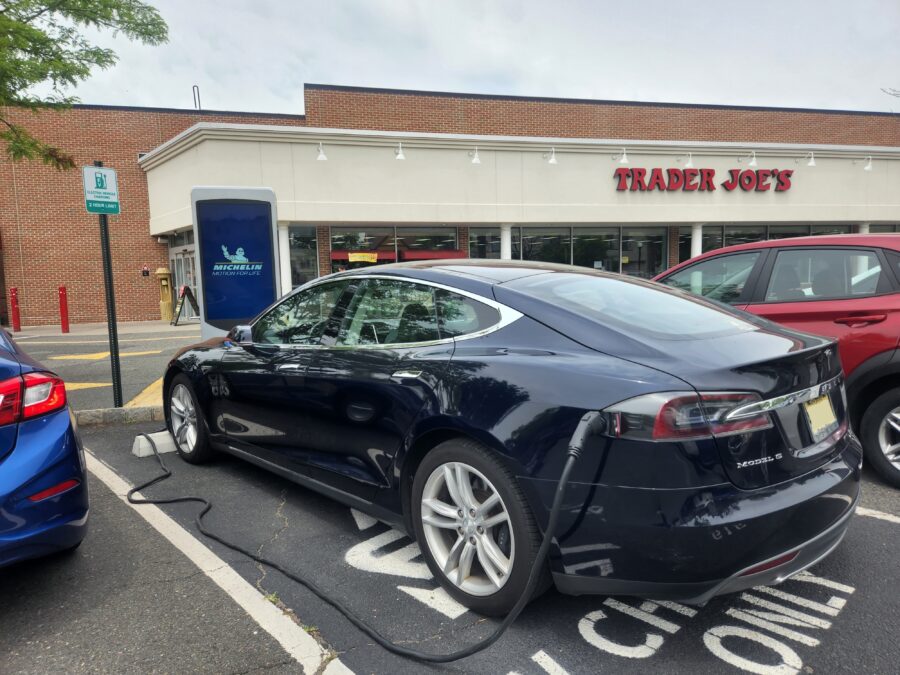


Public Input Sought for Online Survey
The Union County Board of County Commissioners is pleased to announce that Union County and the North Jersey Transportation Planning Authority are funding a study aimed at preparing for an increase in electric vehicle (EV) ownership in Union County over the next 10 years. The growth in EV ownership is anticipated to lead to an increased demand for convenient EV charging sites throughout New Jersey.
“Our goal is to ensure that recharging an EV is just as easy and convenient as filling up with gasoline. By planning for more charging locations, we will be in a better position to support residents and make EVs a more viable choice as they become more affordable and popular,” said Union County Commissioner Chair Rebecca L. Williams.
In addition to meeting overall demand for convenient EV charging sites, the study aims to place the County in position to have the needed infrastructure with respect to traditionally underserved communities. The study will attempt to address the challenge of sufficient charging equipment locations for residents renting in multifamily residences and larger developments.
The Union County study will prioritize public outreach and input. On Friday, September 23rd, the project page will be launched on the County’s website, ucnj.org/ev-study. The project page will include a survey and mapping tool to gather information from the public on where they believe new charging sites should be located.
All members of the public will be invited to participate in the survey, including individual residents as well as those representing businesses, schools, civic organizations, and local governments. When completed, the study will show where EV charging infrastructure should be located over the next ten years by considering areas of highest demand and need.
New Jersey has set a goal for December 2025 to have 330,000 registered passenger EVs and at least 400 public fast chargers throughout the state. The chargers are to be distributed to no fewer than 200 locations.
There are currently three different EV charging options, depending on the driver’s needs. Drivers who charge their EVs at home can use a Level 1 Charger. These take several hours to fully recharge a battery, but they are relatively inexpensive and can be run on an ordinary household outlet.
The faster Level 2 Chargers are more appropriate for public use. Level 2 Chargers require a heavy-duty outlet, of the type used by refrigerators and other large appliances.
The fastest charger currently available is the Level 3, also called Direct Current Fast Charge. This is a purpose-built power source, which cannot be supported by the electrical system of a home.
This Union County study will focus on Level 2 and Level 3 DCFC chargers, which would be publicly accessible. The County is receiving assistance on the Study with a consultant team headed by French & Parrello Associates with FHI Studio and AECOM. For more information, please contact Project Manager Liza Betz, AICP PP, at ebetz@ucnj.org
